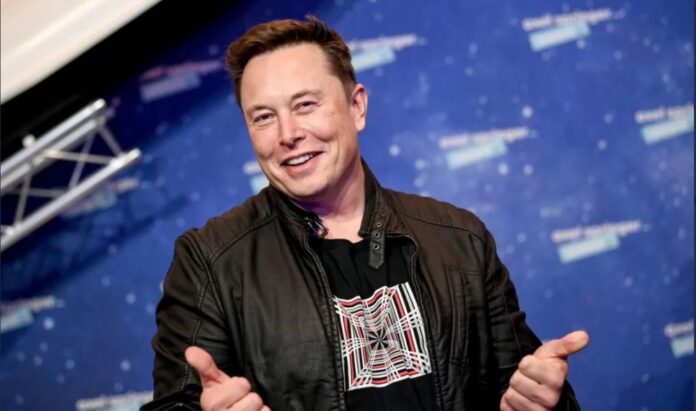By Tebogo Khaas
As South Africa moves to amend its legal and regulatory framework to permit Elon Musk’s SpaceX subsidiary, Starlink, to circumvent the Black Economic Empowerment (BEE) requirements in the information and communications technology sector, I am compelled, however uncomfortable it may be, to raise a matter of utmost national importance.
Let me state it unequivocally: Musk’s SpaceX represents a national security risk of the highest order in any jurisdiction in which it operates.
While the promise of expanded internet access through Starlink may be alluring, particularly for under-connected and rural communities, we must not be blinded by technological optimism or seduced by the allure of a global billionaire with South African roots.
The decision to make concessions for Musk and Starlink cannot be viewed in isolation; it must be understood within a broader geopolitical and security context.
Musk’s ventures are not merely commercial in nature — they are deeply entangled in geopolitical power dynamics, military-industrial interests, and unaccountable private influence over public infrastructure.
From Starlink’s involvement in military applications in conflict zones such as Ukraine, to Tesla’s entanglements in global supply chains fraught with ethical and environmental concerns, and X’s (formerly Twitter) erratic and often politically destabilising role in public discourse,
Musk has repeatedly demonstrated a willingness to exercise disproportionate influence without democratic accountability.
Permitting a carve-out from SA’s hard-won empowerment legislation for a company under Musk’s control risks undermining national sovereignty, compromising regulatory integrity, and exposing the country to cyber and informational vulnerabilities.
Such a decision sets a dangerous precedent — one in which global corporate actors can override domestic priorities under the guise of innovation and connectivity.
In this moment, South Africa must decide whether it will stand firm in defence of its constitutional principles, economic transformation agenda and security interests or capitulate to the interests of a tech oligarch whose track record should give us all pause.
Amid an intensifying public dispute between Musk and US President Donald Trump, Musk issued a provocative threat to decommission the Dragon spacecraft, a cornerstone of American space operations.
SpaceX is not only a vital contractor for routine missions to the International Space Station but also serves as a key partner in NASA’s space programs.
Although Musk backed off his initial threat in a post on X, there remains a distinct possibility he could reverse course again — underscoring the volatility and unpredictability that often accompany private interests.
Low Earth Orbit (LEO) satellite constellations — such as Musk’s Starlink and China’s SpaceSail — have been widely lauded as potential game-changers in the global effort to bridge the persistent digital divide, particularly in regions grappling with inadequate terrestrial broadband infrastructure.
In the SA context, LEO satellite technology offers the promise of ubiquitous, high-speed internet access, even in the most remote and underserved communities.
However, while the potential of LEO networks is significant, their integration into national telecommunications frameworks raises critical questions about regulatory sovereignty, national security, data governance, and long-term sustainability.
The entry of powerful foreign players — particularly those with geopolitical leverage — must be carefully assessed to ensure that short-term connectivity gains do not come at the expense of economic inclusivity and national security.
Musk’s commercial engagements in Africa can best be characterised as extractive, opportunistic and ultimately detrimental to the continent’s long-term interests.
His threats to decommission the Dragon further amplify apprehensions around the risks of dependence on such a volatile partner.
Meanwhile, broadband spillovers, where a country’s broadband policies impact other nations, can negatively affect regulatory bodies by creating challenges in enforcing regulations, harmonising policies and managing international disputes.
The deployment of LEO satellite technology must be guided by a future-orientated policy framework that balances innovation and access with sovereignty, ethics, public accountability, and national interests.
Whatever licensing framework SA ultimately adopts, it must be careful not to place undue reliance on a single provider such as Musk, as this could render the nation unduly vulnerable to external dependencies and monopolistic risk.
• Khaas is chair of Public Interest SA and a fellow of the Internet Service Providers Association




